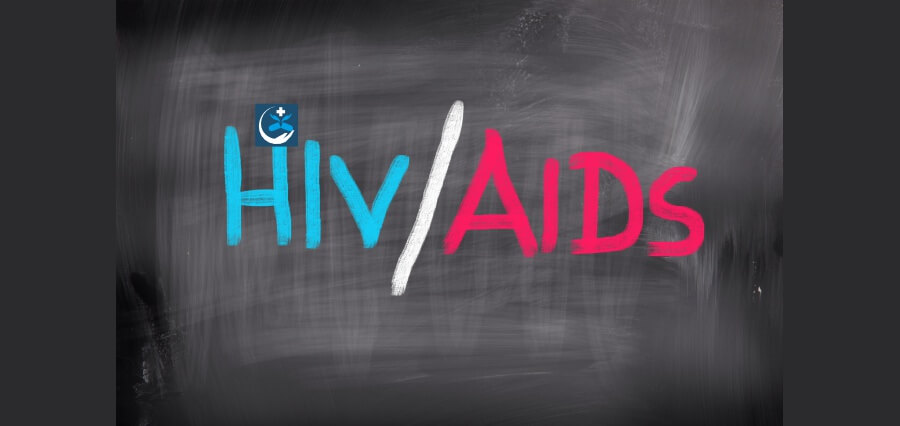According to a recent report released on November 26, 2024, UNAIDS said that this is the lowest number since the 1980s where the new HIV infection numbers dropped in 2023 to a little over 1.3 million who contracted HIV last year alone, according to UNAIDS data. While this achievement is lauded, the United Nations cautioned that progress was insufficient – more than three-fold from the target needed to reverse the phenomenon and end AIDS as a public health threat by 2030.
There are also statistics showing that in 2023, a total of 630 000 deaths were recorded related to AIDS, the lowest tally since the peak in the figure in 2004 totaled to 2.1 million. The report mainly associates the decrease with advancements of treatments on antiretrovirals where it has been able to drop the viral load in several patients. The report did express, however, that in 40 million people, globally, who have the infections of HIV, 9.3 million of these individuals are not receiving adequate treatments.
While progress has been reported, the report underscored that 28 countries recorded an increase in new HIV infections last year. It also highlighted the slow uptake of PrEP. Only 15% of people who need PrEP were on it in 2023, and significant gaps exist in access to preventive measures.
HIV infection
According to UNAIDS deputy director Christine Stegling, progress made in fighting HIV has come from biomedical advances, rights protections, and community mobilization. However, she still maintained that human rights abuses, such as laws and practices that discriminate against people with HIV, continue to hinder efforts across the globe to end the epidemic. According to the report, the Uganda Anti-Homosexuality Act has resulted in low access to PrEP since last year when it was enacted.
In addition, UNAIDS highlighted the damage done by criminalizing same-sex relations, which remain banned in 63 countries. Legal barriers perpetuate stigma and discrimination and undermine efforts to improve public health.
It also revealed a promising new drug called lenacapavir, which in the first trials showed a 100% success rate in preventing HIV infection.
Critics have been focusing on its high cost as some countries cannot afford using the drug. UNAIDS has stressed that the equitable access to such innovation will play a key role in the reduction of new infections around the world.
Executive Director Winnie Byanyima was not present at this time at the press briefing. Her husband was detained yesterday in Kenya, an incidence which attracted international concern.

